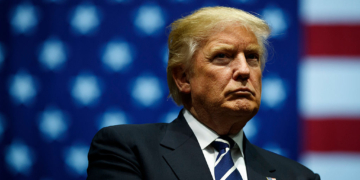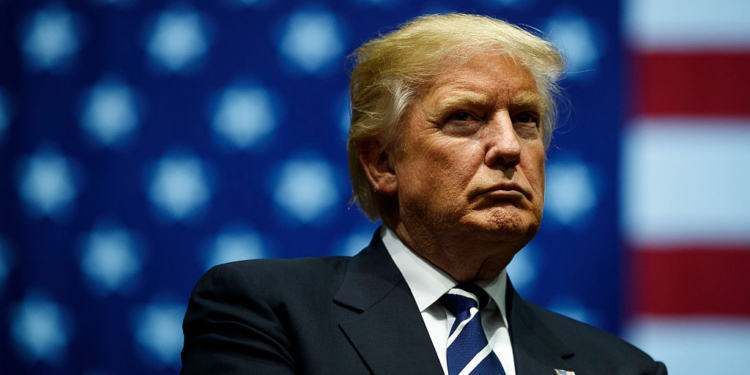Former President Donald Trump believes he should receive presidential immunity regarding his attempts to overturn the 2020 election and made his argument by filing a brief with the Supreme Court on Tuesday, ABC News reported.
“The President cannot function, and the Presidency itself cannot retain its vital independence, if the President faces criminal prosecution for official acts once he leaves office,” Trump’s attorneys wrote in their opening brief to the high court in U.S. v. Trump.
They added how this would affect future presidents.
“Denial of criminal immunity would incapacitate every future President with de facto blackmail and extortion while in office, and condemn him to years of post-office trauma at the hands of political opponents,” they argued. “The threat of future prosecution and imprisonment would become a political cudgel to influence the most sensitive and controversial Presidential decisions, taking away the strength, authority, and decisiveness of the Presidency.”
Trump has unsuccessfully argued and argues now he should receive presidential immunity because of the Constitution’s Executive Vesting Clause and the separation of powers.
He argued that only an impeached president should be prosecuted for criminal wrongdoing.
“The Constitution authorizes the criminal prosecution of a former President, but it builds in a formidable structural check against politically motivated prosecutions by requiring a majority of the House and a supermajority of the Senate to authorize such a dramatic action,” according to the brief. “The Founders thus carefully balanced the public interest in ensuring accountability for Presidential wrongdoing against the mortal danger to our system of government presented by political targeting of the Chief Executive.”
Since the Supreme Court is hearing Trump’s case, it will delay his prosecution in the matter, per ABC. He is charged regarding his alleged election subversion in 2020 and on Jan. 6, 2021.
Trump has pleaded not guilty.
Special counsel Jack Smith was ordered to filed its brief in the matter by April 8.
The court will hear oral arguments April 25.


























 Continue with Google
Continue with Google